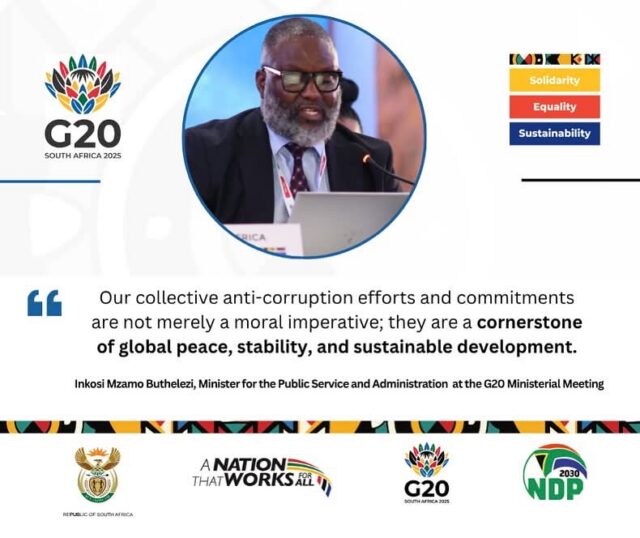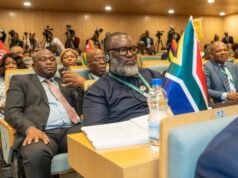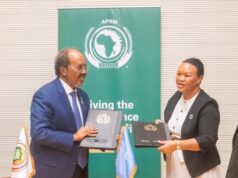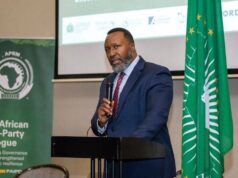Public Service and Administration Minister, Inkosi Mzamo Buthlezi says the collective anti-corruption efforts and commitments are a cornerstone of global peace, stability, and sustainable development.
The Minister was speaking at the conclusion of the G20 Anti-Corruption Ministerial meeting held at the Kruger National Park in Mpumalanga province on Thursday, October 30, 2025. “Our collective anti-corruption efforts and commitments are not merely a moral imperative, they are a cornerstone of global peace, stability, and sustainable development.
“Corruption undermines good governance, weakens the social contract, and threatens the very fabric of peace and stability in an already uncertain world. As insecurity and instability continue to rise globally, corruption deepens inequality and erodes public trust in institutions,” he said.
According to Minister Buthelezi, South Africa’s Presidency of the G20 represents a unique opportunity not only for the nation itself, but also for the African continent, to advance inclusive and sustainable economic growth and to strengthen a unified approach in the collective fight against corruption. He further said the South African government remains resolute in its commitment to eradicate corruption in all its forms.
The country has therefore, engaged in various initiatives, including undertaking legislative reforms in accordance with the National Anti-Corruption Strategy (NACS) which is anchored in the values of integrity, transparency and accountability and the respect for the rule of law. These initiatives according to the Minister are guided by the National Development Plan (NDP) which aims to reduce the levels of corruption by 2030.
South Africa is also a signatory to various international conventions and treaties that reinforce our commitment to international cooperation in preventing and combating corruption. In developing the work of the Anti-Corruption Working Group, Minister Buthelezi said South Africa drew inspiration from Nelson Mandela’s vision of values-based leadership.
Guided by the principles of transparency, integrity, accountability, and Ubuntu the philosophy, he said the global community can strengthen governance systems and advance the anti-corruption agenda.
The South African Presidency identified four key priorities in line with the 2025-2027 Action Plan adopted under the Brazilian Presidency last year.
The priorities, which seek to further strengthen the G20’s collective efforts against corruption, are:
- Strengthening public sector integrity through greater transparency and accountability.
- Enhancing the efficiency of asset recovery mechanisms.
- Promoting inclusive participation of government, the private sector, civil society, and academia in preventing and combating corruption.
- Strengthening whistle-blower protection frameworks to safeguard those who courageously expose wrongdoing.
“Each of these priorities was accompanied by targeted deliverables designed to translate our shared principles into tangible outcomes.
“The drafting of these documents was the result of a truly collaborative process undertaken throughout the year, through three in-person sessions convened in Cape Town, Brasília, and here in the Kruger National Park.
“In addition to these sessions, multiple intersessional meetings were held virtually to facilitate detailed textual discussions and revisions.
“The efforts we have undertaken this year reaffirm our determination to intensify the global fight against corruption. Building fair, just, and accountable institutions is essential to creating a more equitable and prosperous world for all,” he said.
South Africa’s G20 Presidency theme, “Solidarity, Equality, Sustainability,” highlights our belief that inclusive growth, reduced inequality, and sustainable development are inseparable from the fight against corruption.









